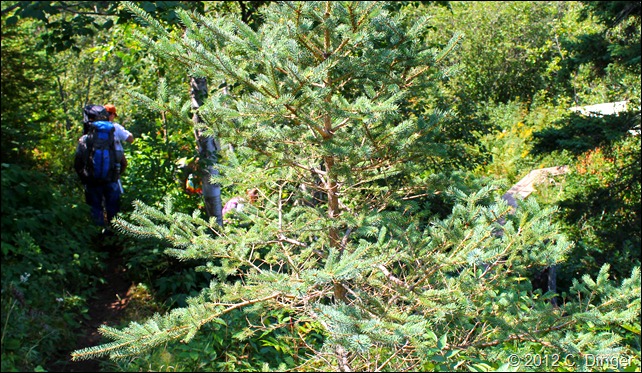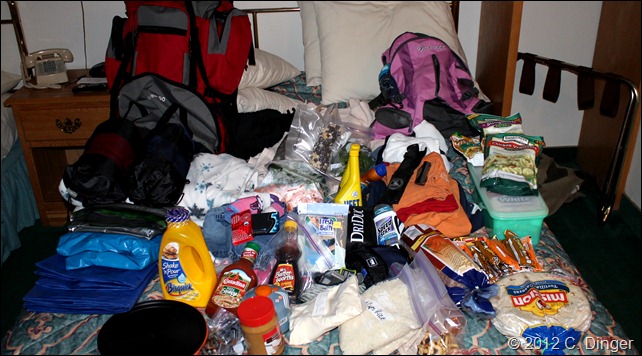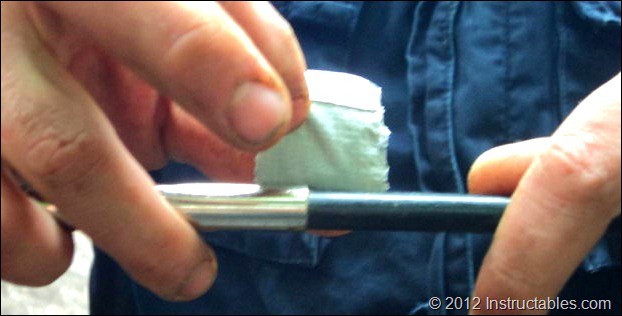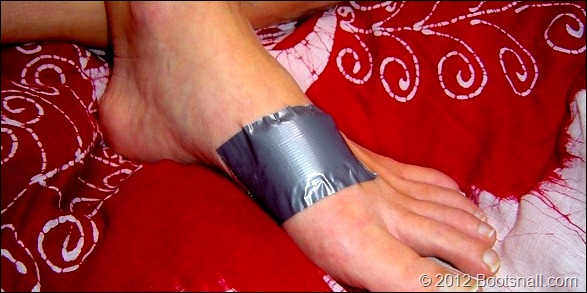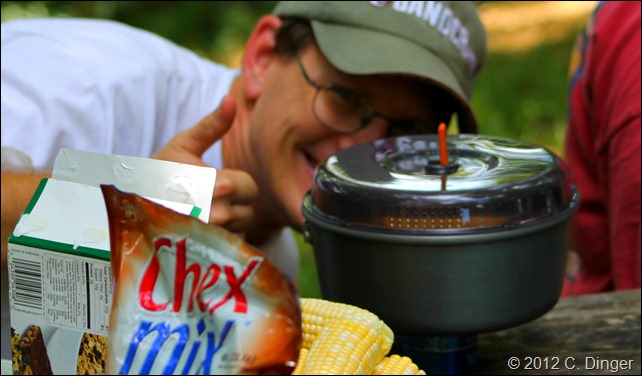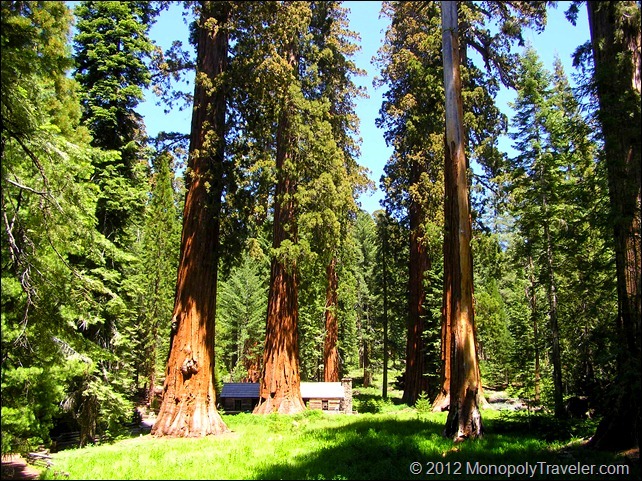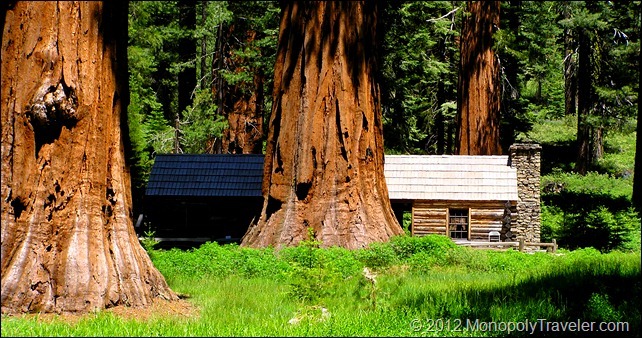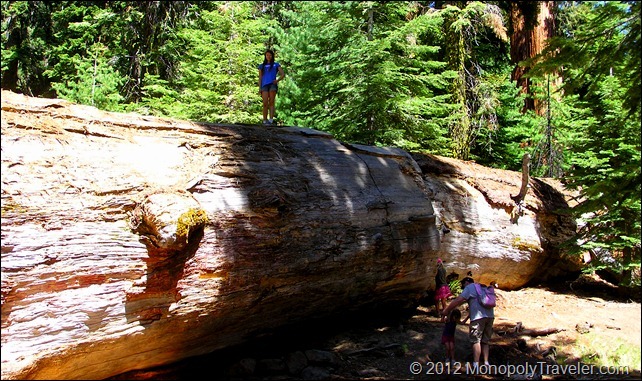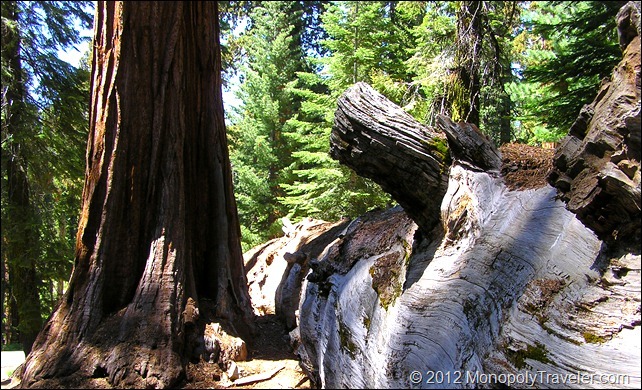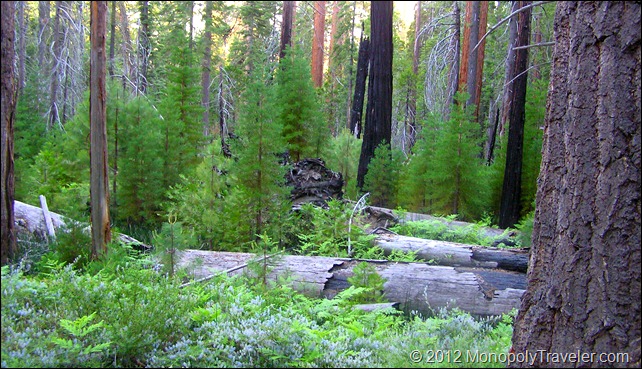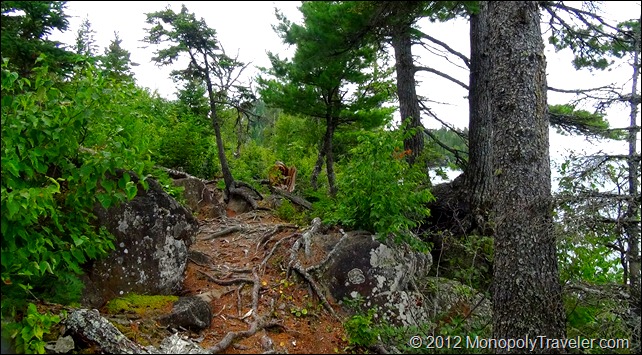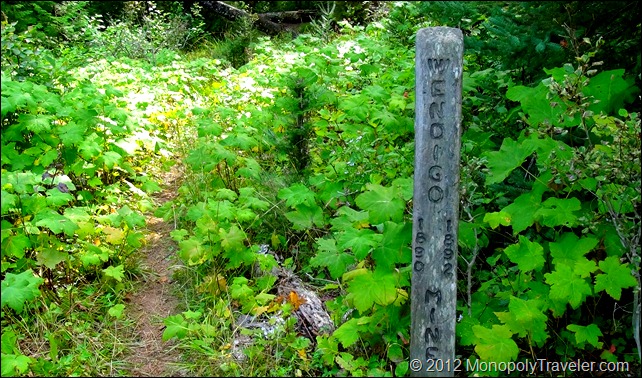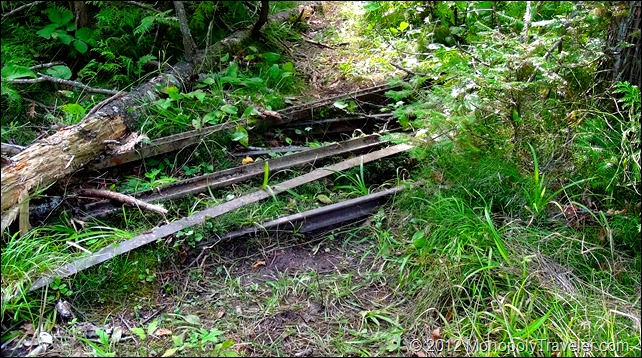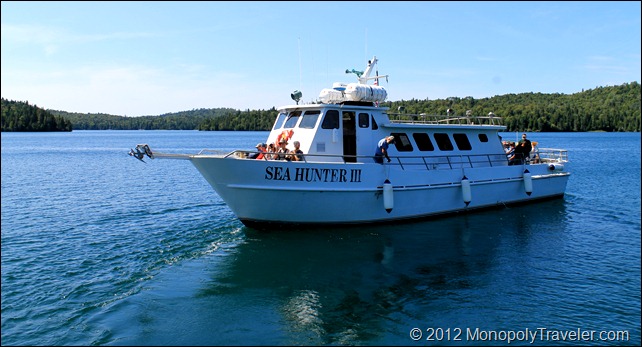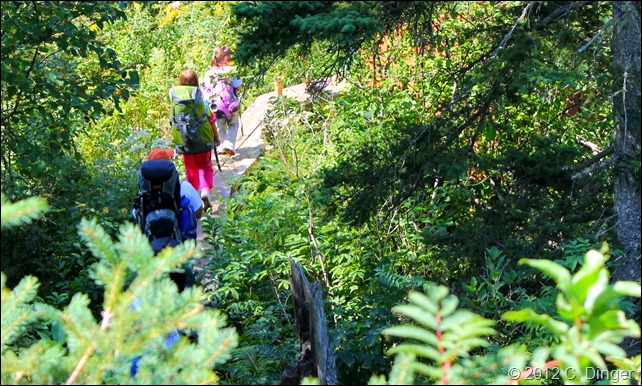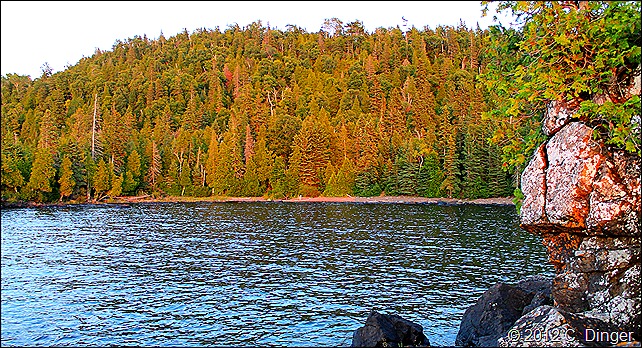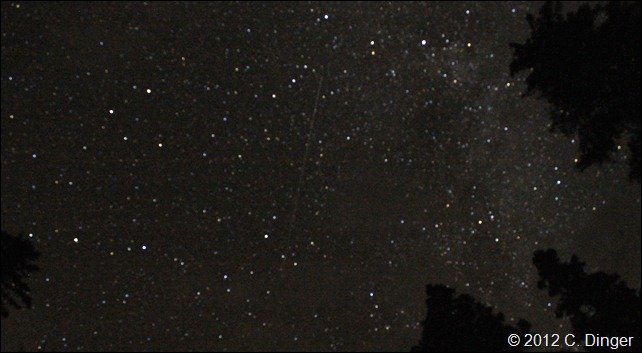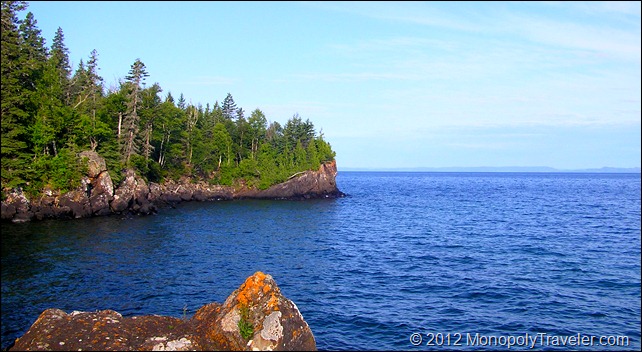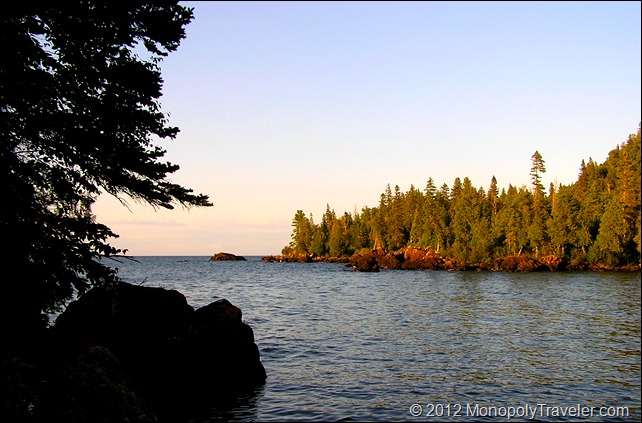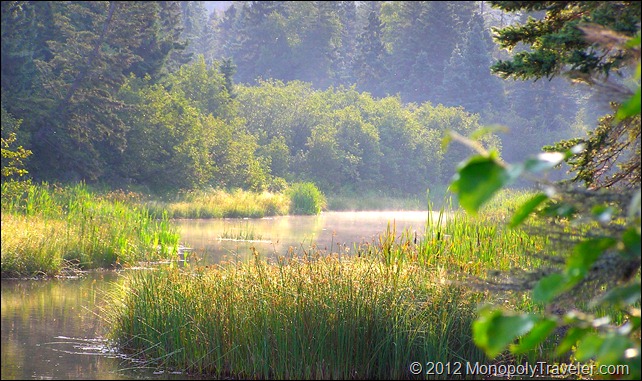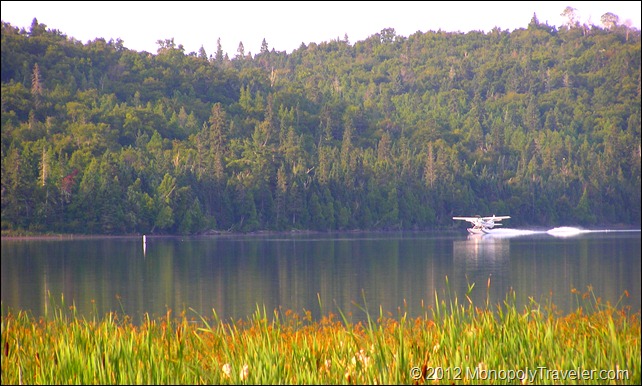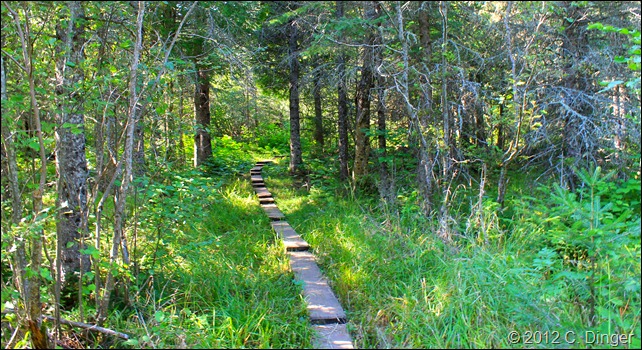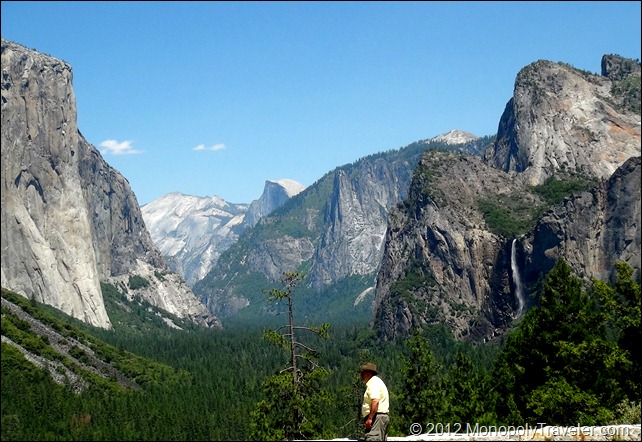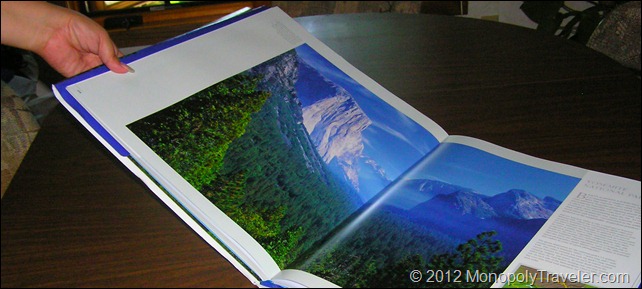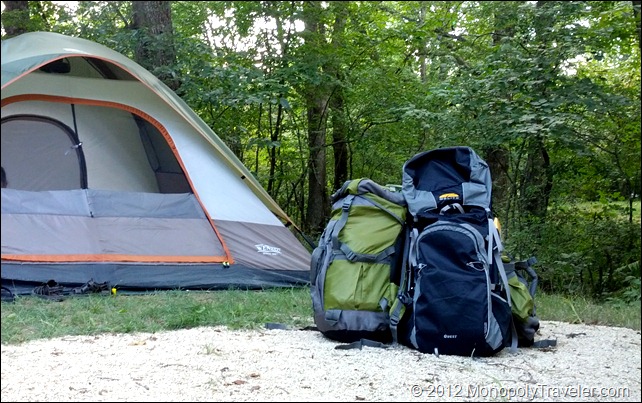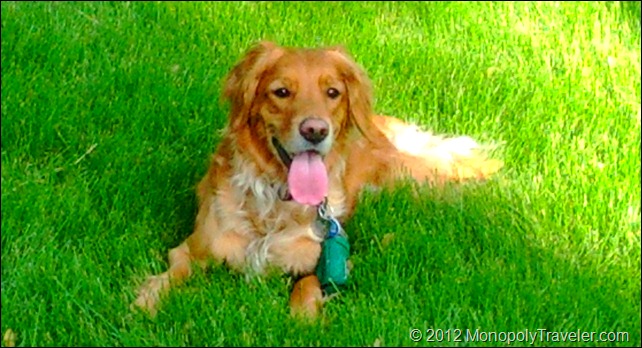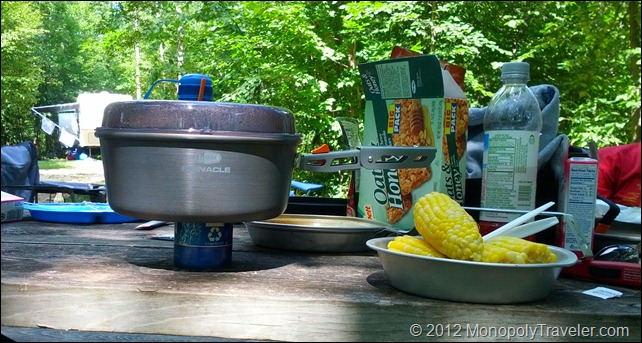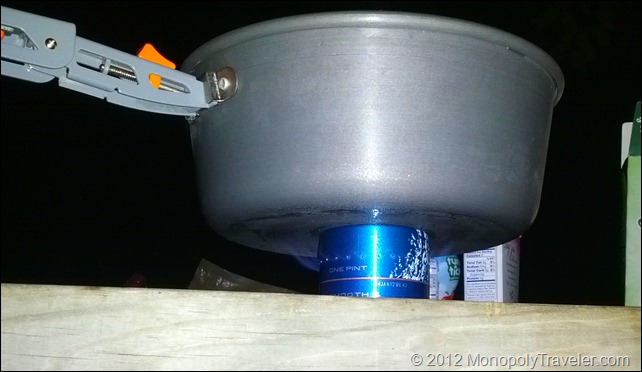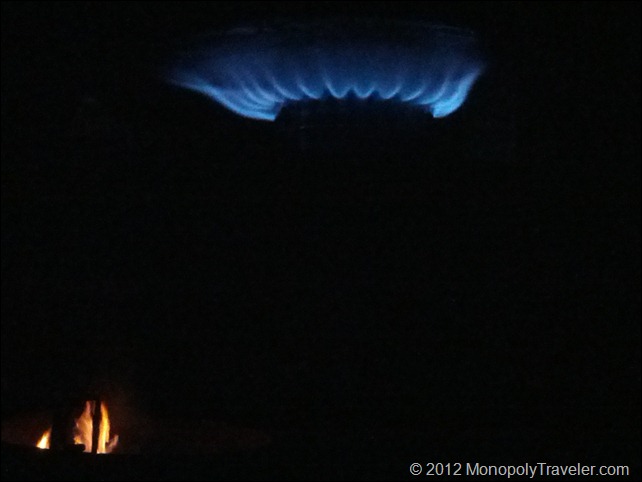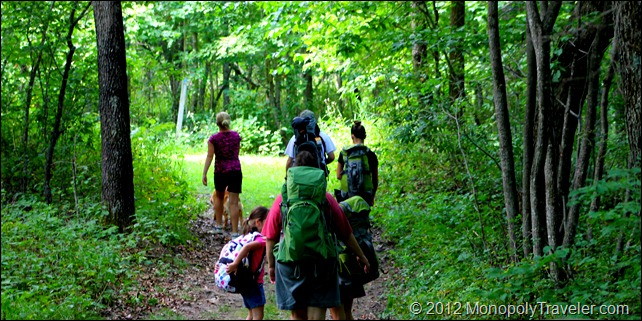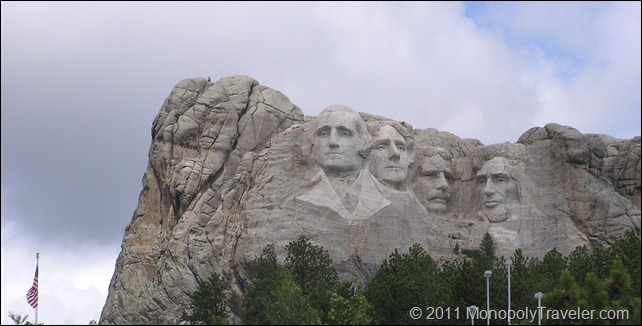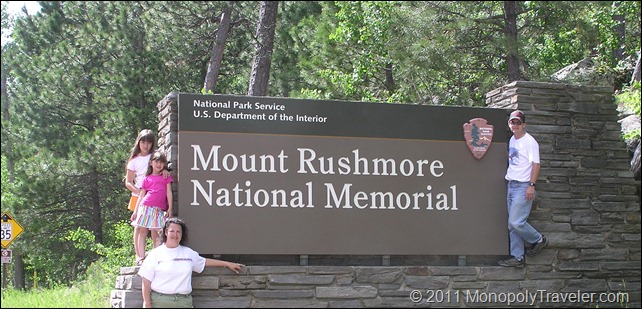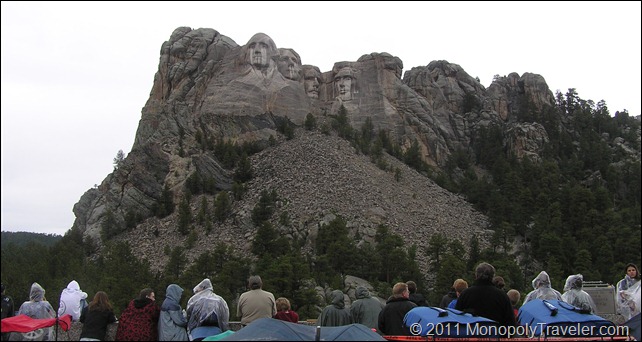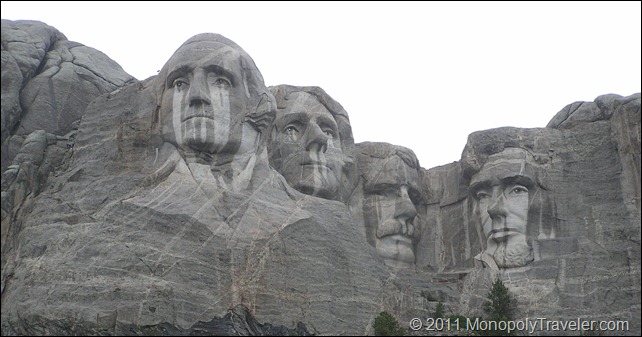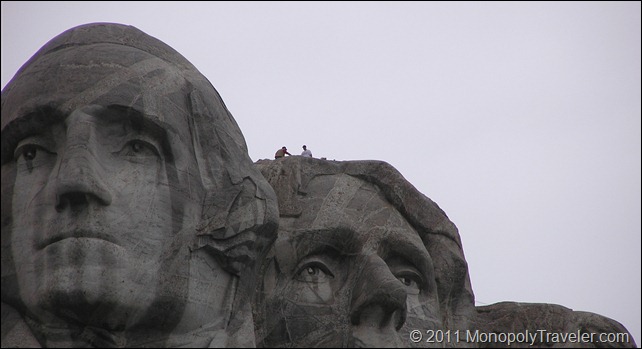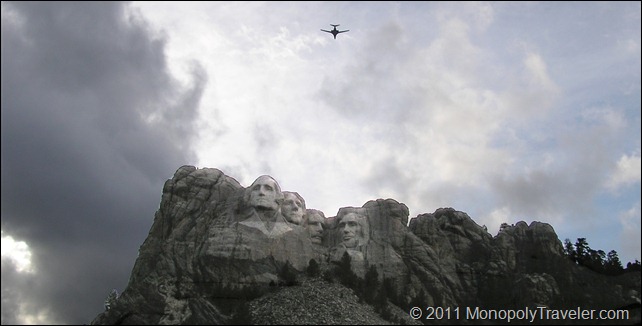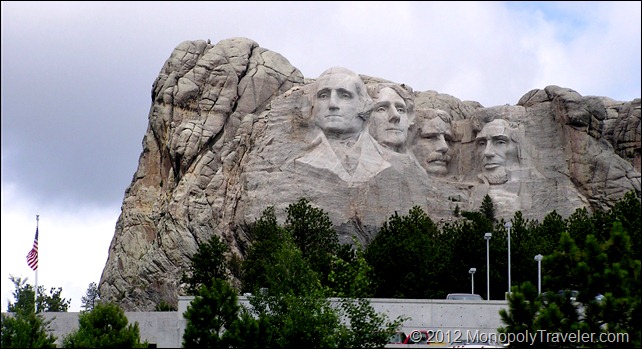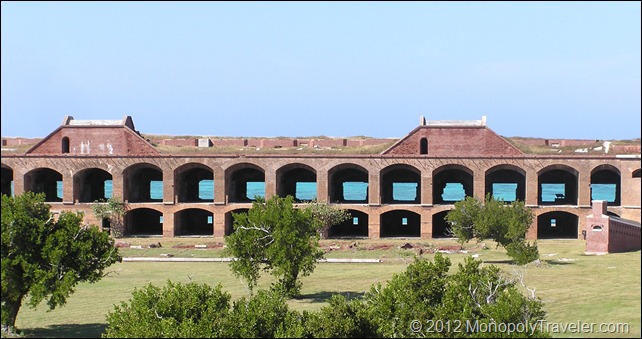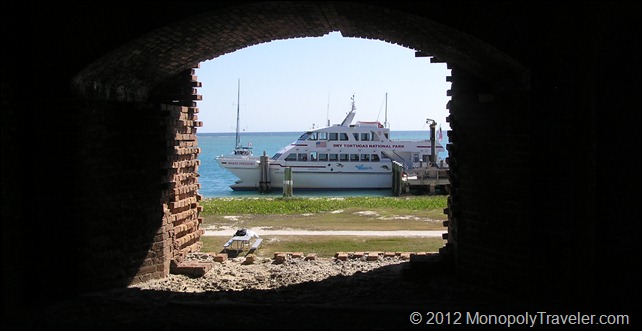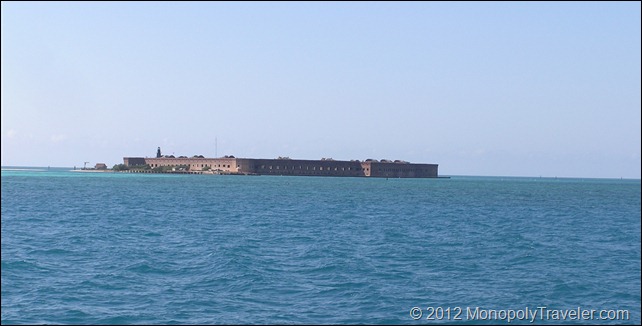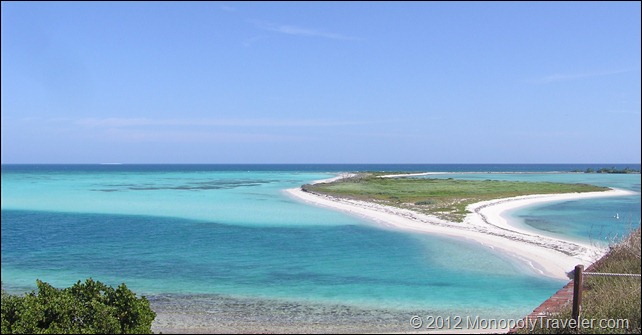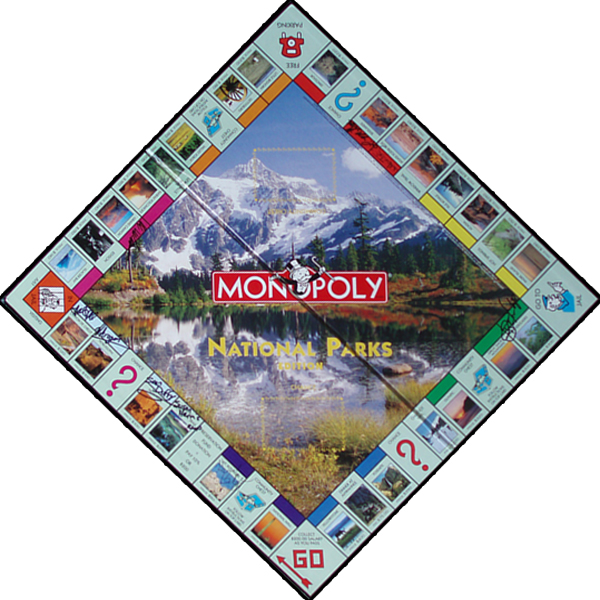If you’ve never been on an overnight backpacking trip before but have the urge to see what it’s all about like I did, here’s some tips from my first experience.
-Every backpacker is looking for 3 things from their gear:
1. Quality to last
2. Lightweight for easier carrying
3. Inexpensive
Pick 2 out of 3 because getting all 3 is very unlikely
-Realize that for your first time out your are going to be carrying a lot of weight for a couple of reasons. First, you will most likely over pack for your trip simply because you have never done this before and are unsure of exactly what you will need and what you can live without. Being caught in a rainstorm without rain gear or running out of food during a hike are not going to make your trip fun. Second, acquiring lightweight gear is something that takes a number of trips to accomplish due to the expense of it so for the first time you will likely have equipment that is reduced cost but heavier to carry. Some options for finding good lightweight gear include borrowing it from someone you know that has it or renting gear from an outfitter.
-bring a partial roll of duct tape. This stuff comes in a variety of colors and patterns now instead of just the good old grey to make it a little more fun to use. Ultimately you want this as it can be a versatile fix it tool. If something breaks or rips on your tent, clothing, or hiking boots duct tape can get you through your trip. In a pinch you could make a rope out of it by twisting long pieces of tape together or use it as a medical bandage.
-when planning your meals, try to plan a couple of meals that don’t require cooking each day especially if that day requires a lot of hiking. This accomplishes a couple of things. First, you save on fuel. Second, and probably more importantly you save water and time. Cooking a meal requires water to cook with and clean with. Cleaning is the more water and time intensive task. Once everyone is finished eating a warm meal the dishes need to be washed with the wash and rinse water needing to be strained away from water or trails in an effort to leave no trace for wildlife and other hikers to find. This requires filtering more water to clean with. All in all cooking a meal requires time and energy that can be spent on the trail. I took the time to cook breakfast, lunch, and dinner for my first backpacking trip. Next time I will plan on more breakfast bars and snacks with a warm meal only once a day for some of those days. In addition, food to be cooked generally adds more weight to your pack.
-Plan a practice backpacking trip a few weeks before the real thing. Go to a nice campground that’s not to far from a store or restaurant in case you forgot to pack something preferably with a river or lake so you can test out your water purification methods. Your back yard doesn’t count because it is to easy to go in the house to get stuff. This accomplishes a number of things. It forces you to have all of your equipment you think you’ll need with enough time to make adjustments before going somewhere with nothing available except what your carrying. This gives you practice in real conditions with your equipment to make sure it all works the way you want it to and figure out how to best use it. Also, this is on opportunity to figure out how to pack your backpack and how much it’s going to weigh. The most important thing this does is give you confidence in your ability to successfully prepare for a backpacking trip in the solitude of the wilderness.

